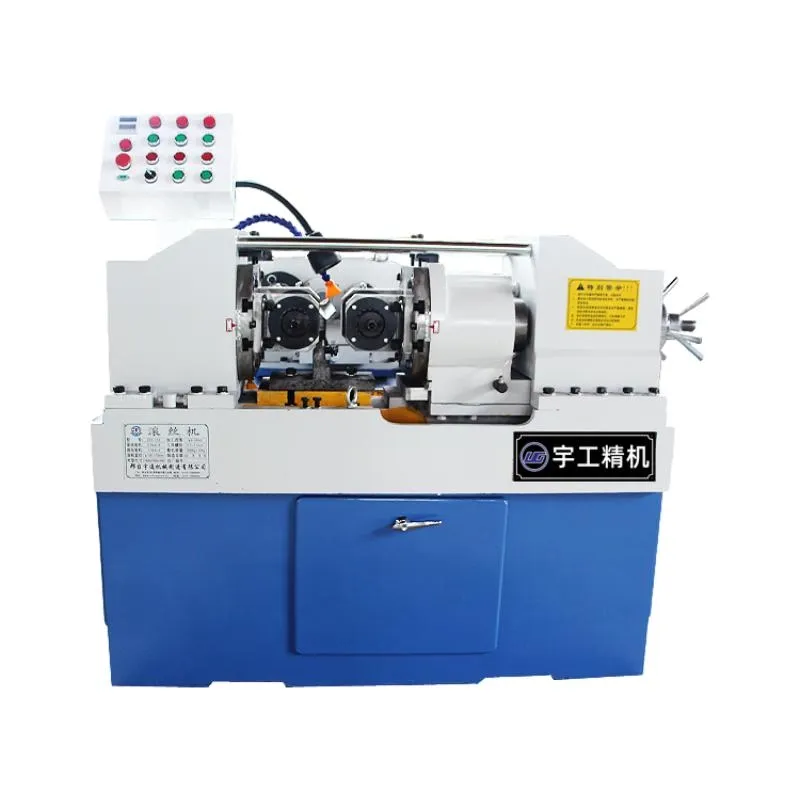
-
 Afrikaans
Afrikaans -
 Albanian
Albanian -
 Amharic
Amharic -
 Arabic
Arabic -
 Armenian
Armenian -
 Azerbaijani
Azerbaijani -
 Basque
Basque -
 Belarusian
Belarusian -
 Bengali
Bengali -
 Bosnian
Bosnian -
 Bulgarian
Bulgarian -
 Catalan
Catalan -
 Cebuano
Cebuano -
 Corsican
Corsican -
 Croatian
Croatian -
 Czech
Czech -
 Danish
Danish -
 Dutch
Dutch -
 English
English -
 Esperanto
Esperanto -
 Estonian
Estonian -
 Finnish
Finnish -
 French
French -
 Frisian
Frisian -
 Galician
Galician -
 Georgian
Georgian -
 German
German -
 Greek
Greek -
 Gujarati
Gujarati -
 Haitian Creole
Haitian Creole -
 hausa
hausa -
 hawaiian
hawaiian -
 Hebrew
Hebrew -
 Hindi
Hindi -
 Miao
Miao -
 Hungarian
Hungarian -
 Icelandic
Icelandic -
 igbo
igbo -
 Indonesian
Indonesian -
 irish
irish -
 Italian
Italian -
 Japanese
Japanese -
 Javanese
Javanese -
 Kannada
Kannada -
 kazakh
kazakh -
 Khmer
Khmer -
 Rwandese
Rwandese -
 Korean
Korean -
 Kurdish
Kurdish -
 Kyrgyz
Kyrgyz -
 Lao
Lao -
 Latin
Latin -
 Latvian
Latvian -
 Lithuanian
Lithuanian -
 Luxembourgish
Luxembourgish -
 Macedonian
Macedonian -
 Malgashi
Malgashi -
 Malay
Malay -
 Malayalam
Malayalam -
 Maltese
Maltese -
 Maori
Maori -
 Marathi
Marathi -
 Mongolian
Mongolian -
 Myanmar
Myanmar -
 Nepali
Nepali -
 Norwegian
Norwegian -
 Norwegian
Norwegian -
 Occitan
Occitan -
 Pashto
Pashto -
 Persian
Persian -
 Polish
Polish -
 Portuguese
Portuguese -
 Punjabi
Punjabi -
 Romanian
Romanian -
 Russian
Russian -
 Samoan
Samoan -
 Scottish Gaelic
Scottish Gaelic -
 Serbian
Serbian -
 Sesotho
Sesotho -
 Shona
Shona -
 Sindhi
Sindhi -
 Sinhala
Sinhala -
 Slovak
Slovak -
 Slovenian
Slovenian -
 Somali
Somali -
 Spanish
Spanish -
 Sundanese
Sundanese -
 Swahili
Swahili -
 Swedish
Swedish -
 Tagalog
Tagalog -
 Tajik
Tajik -
 Tamil
Tamil -
 Tatar
Tatar -
 Telugu
Telugu -
 Thai
Thai -
 Turkish
Turkish -
 Turkmen
Turkmen -
 Ukrainian
Ukrainian -
 Urdu
Urdu -
 Uighur
Uighur -
 Uzbek
Uzbek -
 Vietnamese
Vietnamese -
 Welsh
Welsh -
 Bantu
Bantu -
 Yiddish
Yiddish -
 Yoruba
Yoruba -
 Zulu
Zulu
thread roller machine
Understanding Thread Roller Machines An Overview
Thread roller machines are essential tools in the manufacturing industry, designed to produce threaded parts with high precision and efficiency. These machines utilize a process called thread rolling, which involves deforming the material to create threads rather than cutting them. This method not only enhances the quality of the threaded components but also significantly increases production efficiency.
The Working Principle of Thread Roller Machines
The core mechanism of thread roller machines involves three primary steps feeding the material, rolling, and finishing the threads. The process begins when the raw material, typically in the form of a rod, is fed into the machine. The material is then subjected to two rollers that are shaped according to the desired thread profile. As the rollers turn, they exert pressure on the workpiece, causing it to flow into the shape of the threads.
One of the key advantages of this method is that it retains the grain structure of the material, which enhances the strength and durability of the final product. Unlike traditional machining, which can create stress concentrations and weaken the material, thread rolling improves the mechanical properties through work hardening.
Types of Thread Roller Machines
There are various types of thread roller machines designed for different applications and materials
. The most common types include1. Flat Die Thread Rollers These machines use flat dies to create external and internal threads. They are ideal for short-run production and are often used for smaller components.
thread roller machine

2. Planetary Thread Rollers These allow for the rolling of larger components and provide a much higher production rate. The planetary motion of the rollers ensures uniform thread rolling and is perfect for complex or larger-shaped parts.
3. Rotary Thread Rollers These are employed in high-volume production settings and can roll various thread sizes and configurations. They provide a high degree of flexibility, making them popular in the automotive and aerospace industries.
Applications of Thread Roller Machines
The applications of thread roller machines are vast and varied. They are widely used in industries such as automotive, aerospace, construction, and general manufacturing. Common products manufactured using thread rolling include bolts, screws, and other fasteners. The machines are particularly favored for their ability to produce high-strength components that are crucial in high-stress environments.
Advantages of Thread Rolling
The thread rolling process offers several advantages over traditional machining techniques. Firstly, it is more efficient, resulting in lower production times and reduced costs. Secondly, the lack of material waste during the rolling process contributes to environmental sustainability. Furthermore, the enhanced mechanical properties of rolled threads lead to increased reliability and product lifespan.
Conclusion
In conclusion, thread roller machines play a critical role in modern manufacturing, providing an efficient and effective method for producing high-quality threaded components. Their unique working principle, various types, and wide-ranging applications make them indispensable in many industries. As manufacturing technologies continue to advance, thread roller machines are likely to evolve, leading to even more innovative and efficient production techniques.
